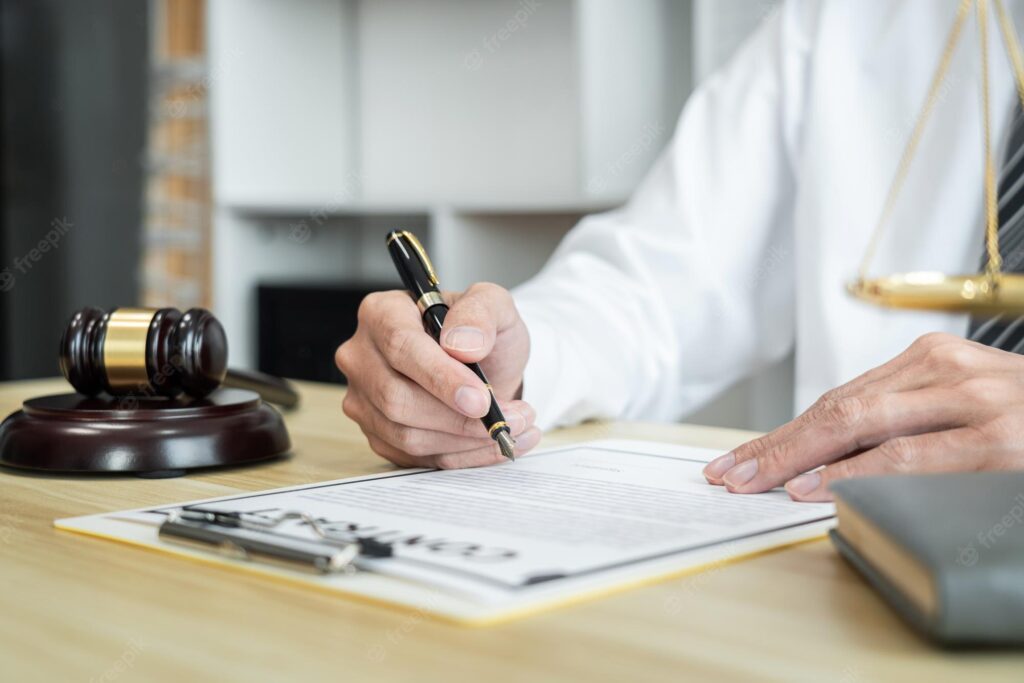Estate lawyers are those who specialize in the legalities surrounding the transfer of property and an asset after someone dies. If you are in the process of planning your estate, or if you are dealing with the estate of a loved one, you may need to hire an estate lawyer. Here are some tips on how to pick an estate lawyer that’s right for you.
- Determine the type of estate lawyer you need.
There are two main types of estate lawyers: estate planning lawyers and estate litigation lawyers. Estate planning lawyer’s help you plan your estate and prepare for your death. They can draft your will, help you set up trusts, and advise you on other estate planning matters. Estate litigation lawyers, on the other hand, handle disputes that arise after someone dies. If there is a will contest or other disagreement over the estate, an estate litigation lawyer can help.
- Consider your budget.
Estate lawyers typically charge by the hour, so you will need to consider your budget when choosing an attorney. If you have a complex estate, you may need to hire a more expensive lawyer. However, if your estate is relatively simple, you may be able to get by with a less expensive lawyer.

- Get referrals.
One of the best ways to find a good estate lawyer is to get referrals from friends, family, or other professionals. If you know someone who has recently dealt with an estate, ask them for a referral. You can also ask your financial advisor or accountant for a referral.
- Interview several lawyers.
Once you have a few referrals, you should interview several estate lawyers to find the one that’s right for you. During the interview, be sure to ask about the lawyer’s experience, fees, and approach to estate planning. If you want more detail, visit now official website.
- Check the lawyer’s credentials.
Before you hire an estate lawyer, you should check their credentials to make sure they are qualified to handle your case. The lawyer should be a member of the bar in your state and should have experience handling estate planning matters.
- Make sure you are comfortable with the lawyer.
It’s important that you feel comfortable with the estate lawyer you choose. You should be able to communicate openly and candidly with the lawyer, and you should feel confident in their ability to handle your case.
- Get a written fee agreement.
Before you hire an estate lawyer, be sure to get a written fee agreement. This agreement should outline the lawyer’s fees and how they will be paid. It should also specify what services the lawyer will provide.






